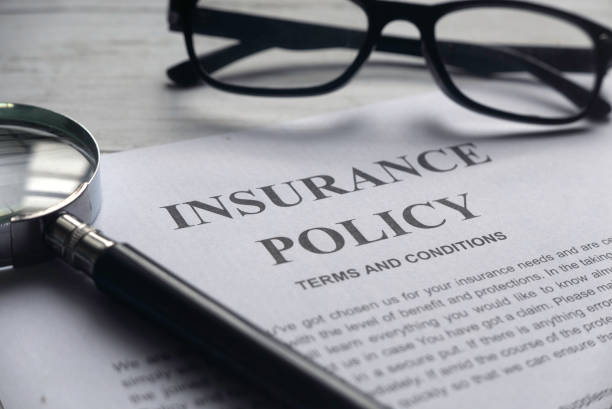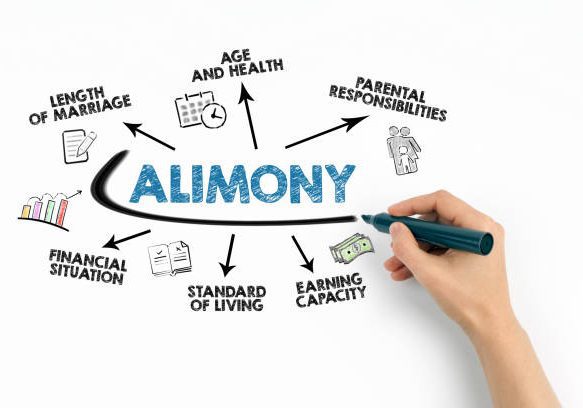Immediate Steps to Take After an Accident
- Safety First: Ensure all parties involved are safe and secure. Call emergency services if there are any injuries.
- Documentation: Gather as much information as possible. This includes photos of the scene, witness statements, and a detailed record of what happened.
- Notification: Inform your insurance company about the accident as soon as possible. Delaying this can complicate your claim process.
The Claims Process
Filing a claim involves several steps, and understanding these can help streamline the process:
- Initial Contact: When you first report the accident, be prepared to provide basic information. This is not the time to discuss faults or details.
- Claim Investigation: The insurance company will investigate the claim, which includes reviewing your policy, examining evidence, and possibly speaking with witnesses.
- Evaluation and Offer: Based on the investigation, the insurance company will make an offer. This is often a starting point for negotiations.
Communicating with Insurance Companies
Communication is key in dealing with insurance companies. However, it’s important to approach these conversations with caution:
- Be Prepared: Before calling, gather all relevant information, including your policy details, the accident report, and any supporting documentation.
- Be Concise: Provide clear and factual information without admitting fault or giving unnecessary details that could be misinterpreted.
- Document Everything: Keep records of all communications, including dates, names, and summaries of conversations.
The Role of Insurance Adjusters
Insurance adjusters play a crucial role in the claims process. Their job is to assess the damage, determine fault, and negotiate settlements. While they can be helpful, remember that they represent the insurance company’s interests, not yours. Be polite but cautious in your interactions, and do not agree to any settlements without fully understanding the implications.
Negotiating a Fair Settlement
Negotiations are often the most challenging part of dealing with insurance companies. Here are some strategies to help you negotiate more effectively:
- Understand Your Claim’s Value: Before entering negotiations, have a clear understanding of your claim’s worth, considering all damages, both immediate and long-term.
- Don’t Accept the First Offer: Initial offers are typically low. Politely decline and present your calculations to back up your counteroffer.
- Be Patient: Negotiations can take time. Resist the urge to settle quickly, especially if the offer does not cover your needs.
When to Seek Legal Assistance
There are situations where navigating the insurance landscape becomes too complex or contentious to handle alone. This is where legal representation can make a significant difference. Consider seeking legal assistance if:
- You’re Overwhelmed: If the process is too confusing or stressful, a lawyer can take over, allowing you to focus on recovery.
- Disputes Arise: If there’s a dispute over fault or the settlement offer, a lawyer can advocate on your behalf.
- Serious Injuries or Damages: In cases of significant injuries or damages, a lawyer can ensure that all future costs are considered in the settlement.
Call to Action: Pinkston Law Group, P.C. is Here for You
At Pinkston Law Group, P.C., we specialize in helping individuals navigate the complexities of dealing with insurance companies after an accident. Our experienced team understands the stakes and is committed to advocating for your best interests, ensuring you receive the compensation you deserve. Whether it’s negotiating with insurance adjusters, handling disputes, or representing you in court, we’re here to support you every step of the way.
If you’ve been in an accident and are feeling overwhelmed by the insurance claims process, don’t go it alone. Contact us today for a consultation, and let us take the burden off your shoulders. Remember, you’re not just a case number; you’re a person who deserves justice and fair compensation for your losses. At Pinkston Law Group, P.C., we’re dedicated to making that happen.






